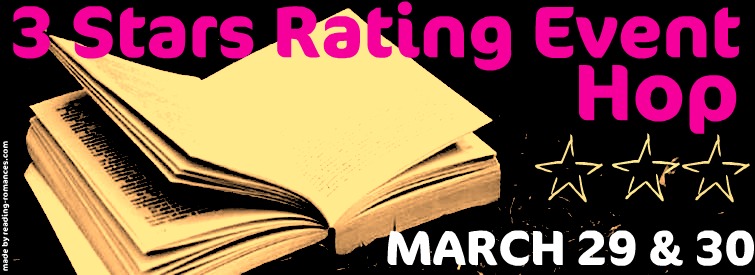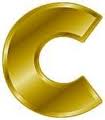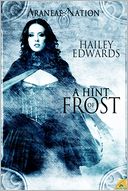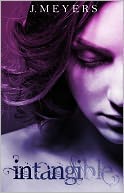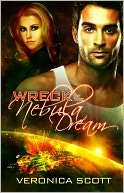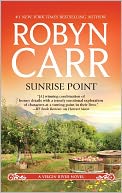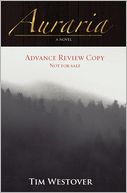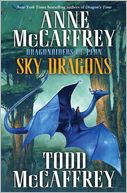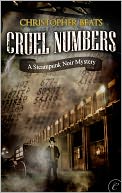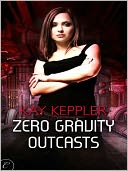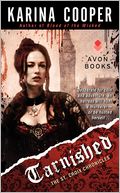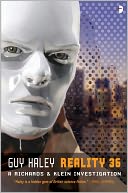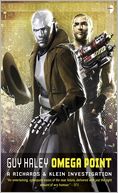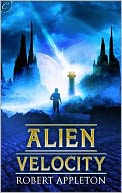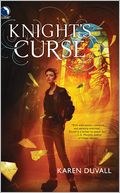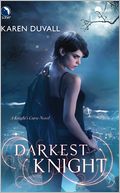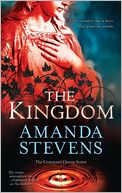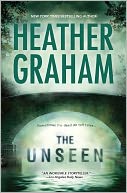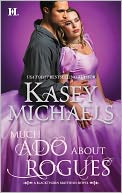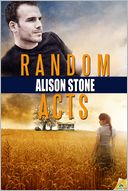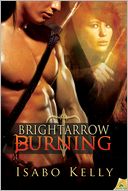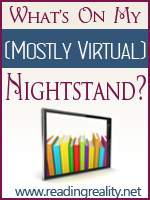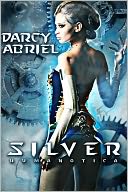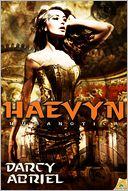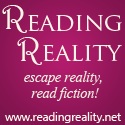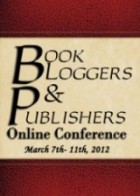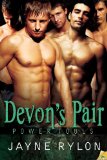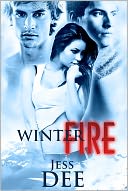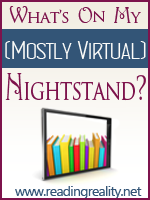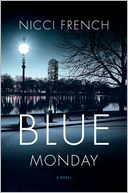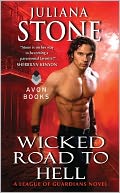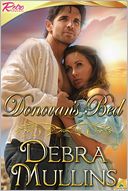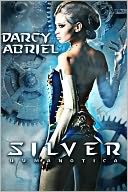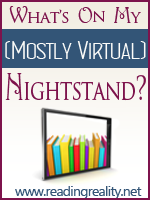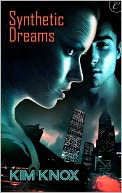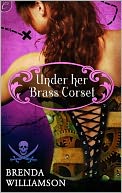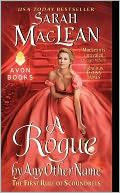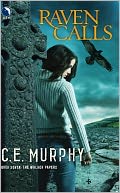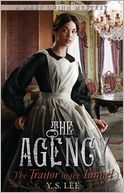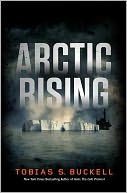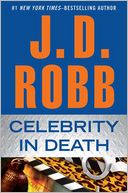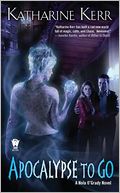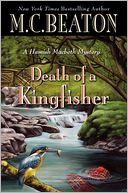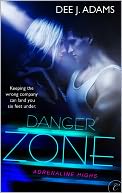Today it’s the authors’ and publishers’ turn to speak out (or write out!) on the topic of those 3-star ratings.
 Since I’m a proud member of the SFR Brigade, I asked some SFR authors over at the Brigade to send me their thoughts about what it’s like for them when one of their books receives a 3-Star Review. Here’s what they sent:
Since I’m a proud member of the SFR Brigade, I asked some SFR authors over at the Brigade to send me their thoughts about what it’s like for them when one of their books receives a 3-Star Review. Here’s what they sent:
Heather Massey, author of Queenie’s Brigade and the new Clockpunk Erotica The Watchmaker’s Lady, and also the pilot of the SFR-focused blog The Galaxy Express, had this to say:
A book review, any review, is for readers. A review represents enthusiasm for the written word and I applaud those who take the time to do them. It’s an invaluable service.
What does a three-star review (or its equivalent) mean to me as an author? It means that with so many book choices available these days, someone has chosen to not only read one of mine, but also enjoys sharing his or her thoughts about it with other readers. That’s a very special honor.
It also means (to me) that I delivered an entertaining and/or thought-provoking story, one that the reviewer found worth analyzing even if all of the elements didn’t work for him or her. And what didn’t work for him or her might work for other readers—or vice versa. I find these types of discoveries fascinating. I appreciate the chance to discover impressions about my stories that I could only learn through the eyes of a reader. Once I send off a story into the world, it belongs to them.
Diane Dooley, the author of the SFR novellas Mako’s Bounty and Blue Galaxy, said something slightly shorter and pithier, but equally to the point.
On 3 star reviews: A three star review means someone liked your book. They didn’t love it or hate it. Nothing wrong with that! I’ve had enough one and two star reviews to appreciate a three star. I guess it’s all in your perspective. Writers who whine about a three star review really need to toughen up and get over themselves.
And A.B. Gayle, the author of the recent SFR space opera novel Isolation, reflected more of the ambivalence that many reviewers sense when we give a 3-star rating in her response to the question.
Such a hard topic actually. I angst about a “3” rating, but it does depends on the reviewer. Some are tougher than others and rarely give high ratings, so I do look at their averages and what else they give high and low ratings to!
Going by the definition it means they like the book, but many use it to indicate “meh”. A lot depends on if they back it up with a review and say why they didn’t score it higher. That’s what I want to know. It may not be their “type” of book or didn’t meet their expectations. Always a killer. Some split it and rate plot/characters/writing separately and then average them. I like that type of feedback.
Theoretically ratings are for other readers to rank a book against what else that reader has read so their friends can work out if they want to read it.I find it difficult to remember that and just use it as a yardstick on my writing. Which I know is wrong, but I can’t help it. In a nutshell, I see it as a “pass”, a “C”, and I was one of those students who went for “B”s and “A”s.
And what do the publishers have to say?
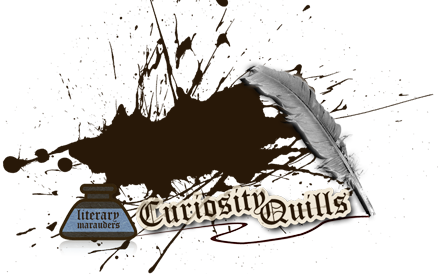 Representing the Publishers Perspective, we have the PR Manager for Curiosity Quills Press, Verity Linden:
Representing the Publishers Perspective, we have the PR Manager for Curiosity Quills Press, Verity Linden:
When one of our books gets a 3-star, it tends to be either the best kind of review, or the worst, rarely anything in between! Option one, it is someone who liked the book overall but had certain issues with it. These tend to be great feedback, broken down into what they liked and what they didn’t, which often gets used in the editing process for that author in future. Option two, the other half of 3-star reviews, where the book has elicited the worst kind of response possible – bland indifference, damning with weak praise. I would almost rather someone hated the book and told us why.
Overall, my opinion of 3-star reviews is about as mixed ‘6 of one, half a dozen of the other’ as… well. A 3 star review!
Last, but not least, a comment from from Eugene Teplitsky, Operations Director of Curiosity Quills Press:
In my experience, 3 stars tend to be those reviews which either fall into that frustrating category of people who praise, prase, PRAISE the book in the text of the review, and then give 3 stars without saying why they docked us – OR – people who were sadly unimpressed with the book to swing either way. For me, this is pretty bad, actually, because it means we 1. failed to impress a reader enough to make a conclusive decison that they loved it, and 2. failed to piss them off enough with a hard-hitting divisive twist to make them REALLY hate it. Intead, it fell into the realm of MEH.I do not like the realm of MEH. I do not like it, no sirreh.
I think it is fair to say that no one likes the realm of MEH. No one at all.
The recipients of those 3-star ratings have pretty mixed “ratings” on the ratings. But there is one common thread. Everyone who receives those ratings is very interested in the “why”. Without the “why” the “3-stars” can look a lot like “realm of MEH” from the receiving end.
With the “why” it can be great feedback.
But let’s hear from other authors, publishers and reviewers out there. What does a 3-star rating mean to you?
Here are all the blogs participating in this event:


